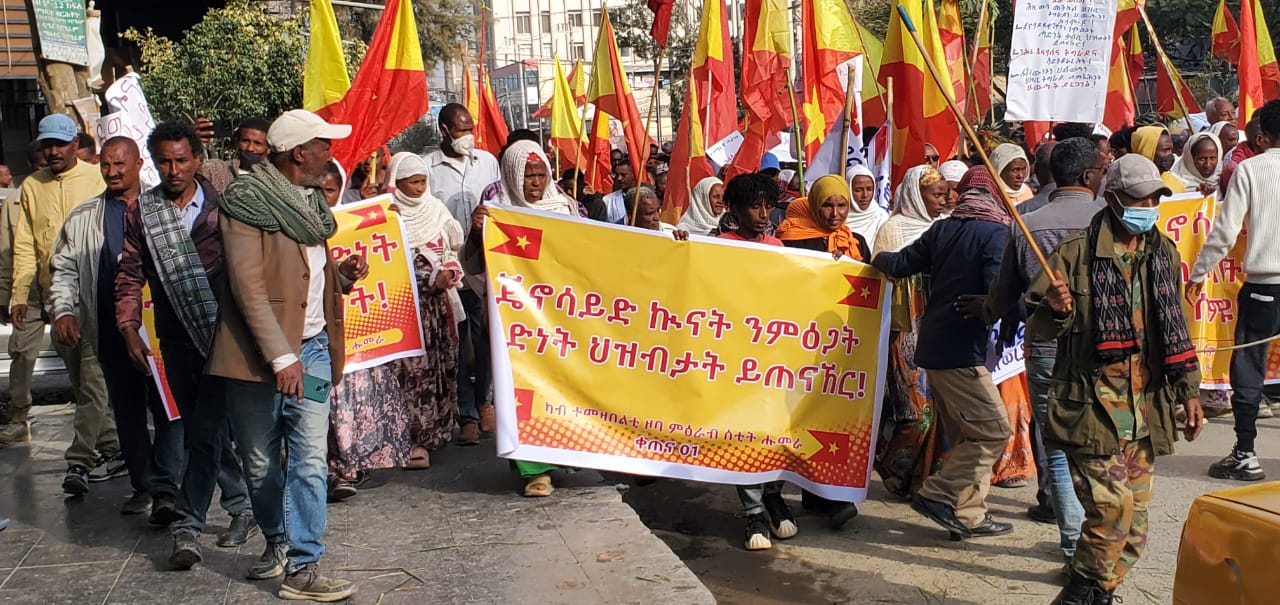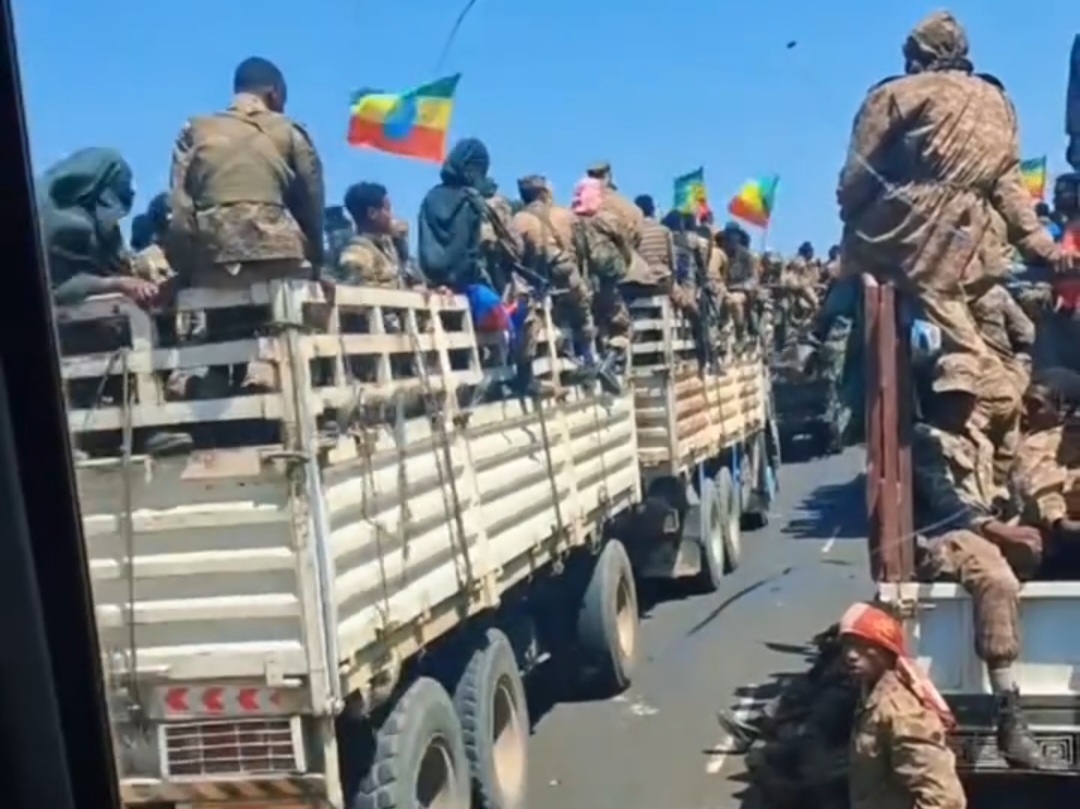By GEBREHIWOT HAILESLASE
The Ethiopian government is under increasing international scrutiny amid mounting reports of human rights abuses across the country.
From extrajudicial killings and arbitrary detentions to the suppression of civil society organizations, the government’s actions have drawn condemnation from global human rights groups and foreign governments.
Escalating Conflict and Civilian Impact
Renewed conflict in Ethiopia’s Amhara region has exacerbated the humanitarian crisis.
The Fano militia, once aligned with the government during the Tigray conflict, has turned against federal forces, citing marginalization and ethnic violence.
Human Rights Watch and Amnesty International have reported extrajudicial killings and civilian executions by Ethiopian troops, with over 3,600 schools closed and thousands displaced .
Suppression of Civil Society and Media
The Ethiopian government has intensified its crackdown on civil society organizations and the media.
In late 2024, authorities suspended three prominent human rights organizations—AHRE, CARD, and LHR—on unsubstantiated allegations of political bias.
Subsequently, two additional groups, including the Ethiopian Human Rights Council, were also suspended.
These actions have severely restricted the ability of civil society to operate freely, with reports of harassment, intimidation, and forced exile of human rights defenders .
Journalists have not been spared; since 2020, at least 200 have been arrested, and 53 have fled the country due to government repression.
Physical attacks, death threats, and the use of anti-terrorism laws to suppress dissent have become commonplace .
Widespread Detentions and Torture
The state of emergency declared in August 2023 has led to mass arrests without warrants, with detainees often denied legal representation and subjected to torture.
The U.S. State Department reports that security forces have used stress positions, beatings, and other forms of cruel treatment to extract confessions, both at official and unofficial detention sites .
Many detainees remain in overcrowded facilities under harsh conditions, with limited access to food, water, and medical care.
International Response and Calls for Accountability
International bodies have expressed grave concern over Ethiopia’s human rights record.
The United Nations is considering suspending relief operations in the Amhara region due to increasing attacks on aid workers, which have resulted in several deaths and abductions.
Human rights organizations have called on Ethiopia’s international partners to adopt a rights-centered approach in their engagement with the government and to establish mechanisms to investigate and document violations in the country’s conflict zones .
Conclusion
As Ethiopia approaches its 2026 general election, the government’s continued suppression of dissent and disregard for human rights raise serious questions about its commitment to democratic principles and the rule of law.
The international community must hold Ethiopia accountable for its actions and support the efforts of civil society to promote justice and human rights in the country.



